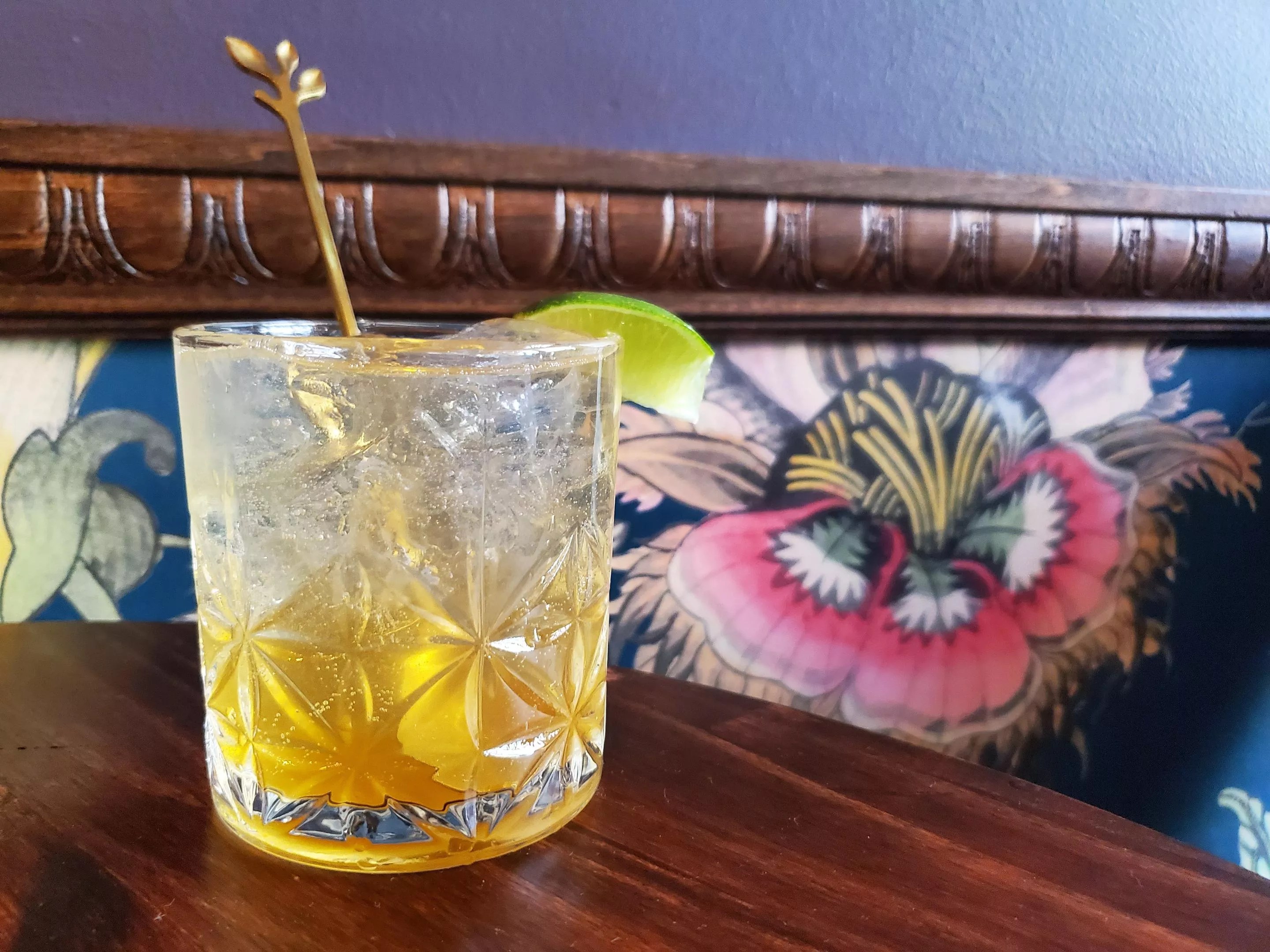
Molly Martin

Audio By Carbonatix
Alcohol consumption has been on a steady decline across the country, and Colorado is near the top of that trend, according to a new analysis of data from the Substance Abuse and Mental Health Services Administration.
Don’t get it twisted: Substance-abuse counselors in Colorado still have a lot of work. Along with continuing to rank in the top ten for adults who drink, Colorado also outpaces national averages in daily cannabis use, and it has topped the country in cocaine use for two of the last three years. But slow motion is better than no motion.
Alcohol Use on the Decline in Colorado
Around 54 percent of Americans said they drank alcohol in a recent Gallup poll, the lowest reported number since the survey operation began tracking American alcohol consumption habits in 1939. Colorado was slightly above that number in 2023, when SAMHSA’s most recent information was taken, with 58.6 percent of Coloradans saying they had consumed alcohol within the last thirty days.
In fact, Colorado had the seventh-highest share in the country of adult alcohol drinkers in 2023, SAMHSA’s data shows. But that’s still an improvement from 2013, when 66 percent of Colorado adults said they had alcohol within the last month and just three states – New Hampshire, Massachusetts and Wisconsin – had more drinkers among their population.
Although Colorado is still hovering near the top in alcohol consumption, it’s also among states that have seen the highest decline in drinking, according to a breakdown of SAMHSA’s data from software firm Trace One. From 2013 to 2023, Colorado saw the seventh-biggest decline in adults who said they’d had a drink in the past thirty days.
As younger generations drink less and more states allow access to medical and recreational cannabis, the alcohol industry has struggled to maintain a profit, much less expand…seltzers notwithstanding. Full of craft breweries and a growing distillery sector in the 2010s, Colorado has plenty of examples pointing to the dropoff in drinking.
From 2020 to 2021, Molson Coors closed its corporate office in Denver and laid off over 250 employees, and data from the Colorado Liquor Enforcement Division shows that beer and liquor sales have consistently declined since.
According to the Brewers Association, 25 breweries opened in Colorado in 2024, while 31 closed. However, the Colorado Beverage Coalition claims that 41 breweries closed across the state last year. Meanwhile, some of the state’s largest brewing operations saw double-digit sales dips, including Left Hand, Upslope and Great Divide, which closed both of its Denver taprooms this summer (but also opened a restaurant and taphouse in Lakewood). Monster Brewing, owner of Oskar Blues and the state’s largest craft-brewing company, experienced a 12 percent dip in sales, the Brewers Association notes.
Bar and restaurant closures in Denver have kept coming since the pandemic, with owners blaming a mix of factors such as rising food and real estate costs, a weakened economy, local construction, and less drinking. Denver establishments have tried to adjust to an increasing amount of sober customers by offering more mocktails and non-alcoholic drinks, but reports show that it hasn’t been enough to make up for lost revenue.